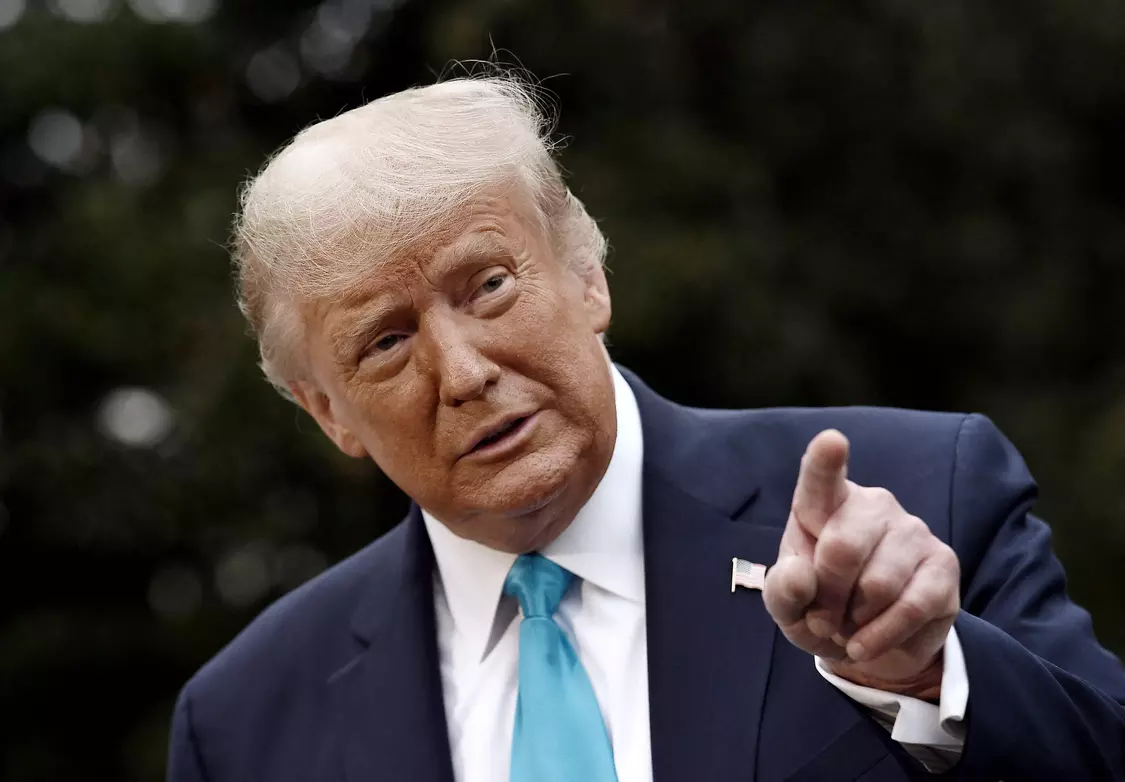
What should we expect in 2025? I mean “look forward” in the sense of expectation rather than welcome. It will be a defining year and period in many ways.
The most significant developments will come after Donald Trump takes office as US President next month. What happens in American politics has affected the world in the last 100 years, but America has never had a president like Trump. Most US presidents, despite campaigning on the idea of change, actually prefer continuity. Even successful figures like Barack Obama didn’t do much to change policy on things like war and the Middle East, and it hasn’t been easy to distinguish the economic policies of Democratic presidents from those of Republicans over the past four decades. For example, Joe Biden continued with Mr. Trump’s tariffs on China.
Mr. Trump is different because of his base and appeal to people who want disruption and an end to the status quo. He is also unusual for having won consecutive White House terms. That means that unlike current presidents, he campaigned against continuity, but it also means that he won’t be seen as a lame-duck especially as he’s pressed for his successor as head of the Republicans.
Although he leads a political party that represents conservatism, Mr. Trump is not a conservative by instinct, but a radical. For all these reasons, we should look forward to big changes.
Important will come to China. Mr Trump launched his first campaign nine years ago in which he mentioned China 23 times.
His 2016-2020 presidency saw tariffs that remain in place to this day but were increased by 50 per cent by China after Mr Trump gave his famous escalator speech. It is not possible for the US to stop China from rising. And China is now stronger and can push back on both economic and military fronts.
For this reason, Mr. Trump will have to choose either escalation or abandonment. It is unlikely that he will do the latter. His campaign was based on growth. It affects the world and it affects us.
People talk about India’s “China plus one” strategy as companies pull out of China or hedge their bets elsewhere. But the fact is that for the last quarter of a century India has been benefiting from global trade openness and has tended to lose when it is closed. Our exports increase when global trade increases, they are flat or decrease when global trade is flat or decreases.
No matter what government is in power here, this trend does not and will not change. Therefore, we should not think that an escalation in the US-China trade war will benefit us, and that it will harm everyone.
Another issue that negatively affects the world is climate change. Mr. Trump pulled out of the Paris accord during his first term and vowed to shift from Mr. Biden’s green energy focus (through his Inflation Reduction Act, which provided huge subsidies for electrification) to more drilling and more gasoline. This would create a cocoon America where Ford and General Motors continue to make fossil fuel pickup trucks that only Americans drive while China tightens its grip on global production of electric and hybrid cars.
It is not clear what Mr Trump can do to end the Israeli carnage in Gaza or the Russian war against Ukraine. His general view is that the US should get out of the war, but what will happen in 2025 is not much to be understood from the team he has chosen. Mr. Trump won Arab-American voters, particularly those of Lebanese descent, in states like Michigan because they were angry with Mr. Biden. Hoping that the US stops gifting Israel with bombs used to kill Palestinian children may be more of a reason for bipartisan support for the Israeli occupation, but any move to end or reduce the carnage will be welcomed. Given the mess the US has gotten itself into around the world since 2001, it is remarkable to outsiders that it is still wavering with its Middle East policy. Mr. Trump has more agency over Israel’s actions than Russia’s. He appears to dislike NATO more than any US president before him, viewing it as a cost center rather than a strategic asset. He wants Nao to pay for European security against a potential Russian threat, not the US. If, as with his tariffs on China, this approach is seen wisely by his successor, it will result in more permanent change.
Mr. Trump does not see Europe and Mexico and Canada as strong allies, but he should step up on trade and security issues. This will raise questions in these places about whether they should warm to China on other things, such as trade and perhaps currency.
The future often seems to promise great change but never quite deliver. 2025 and Mr. Trump’s four years are unlikely to conform to that general rule. On many fronts—artificial intelligence, climate change, space, inequality, authoritarianism—things are moving faster than anticipated, to the point of almost no control. It will be an exciting 2025, although one is not sure if the excitement-generating events will be welcome.